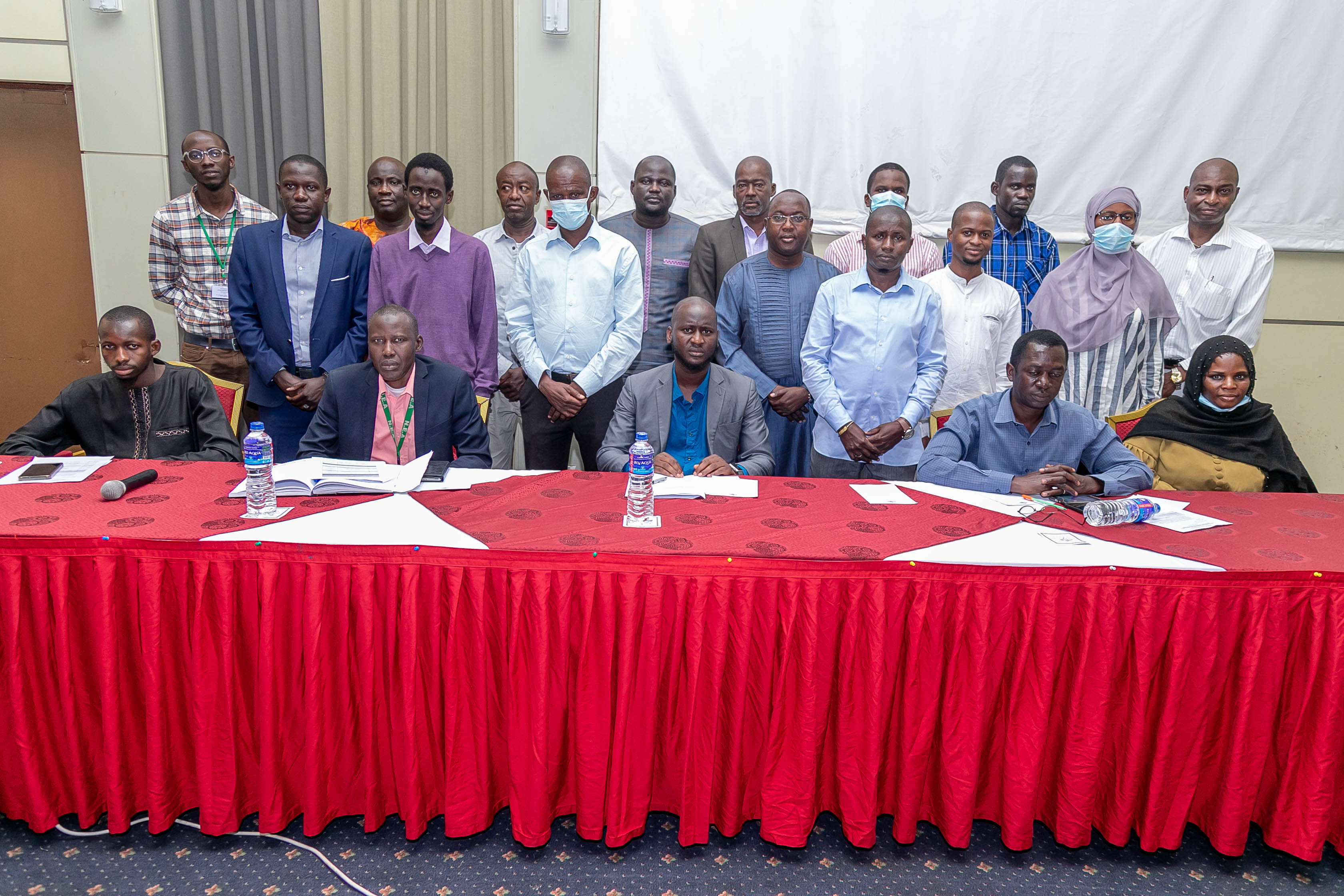
Background:
The Gambia is at a pivotal moment in developing a national strategy to manage waste electrical and electronic equipment (WEEE), commonly referred to as e-waste. As the import, sale, and use of electronic devices rapidly expand, so does the volume of obsolete equipment, posing challenges to environmental sustainability, public health, and resource efficiency.
Recognizing the vital role of the private sector in addressing these challenges, the Government of The Gambia, with the support of the International Telecommunication Union (ITU), organized a dedicated consultation with industry actors. The workshop was hosted by the Ministry of Environment, Climate Change and Natural Resources, and aimed to build awareness, identify responsibilities, and explore business opportunities for the private sector in the e-waste value chain.
This workshop provided an opportunity for private sector stakeholders, including producers, importers, retailers, recyclers, and service providers, to contribute to the national dialogue. The focus was on identifying effective approaches for Extended Producer Responsibility (EPR), strengthening partnerships, and creating a regulatory and operational framework that is inclusive, economically viable, and aligned with national development priorities.